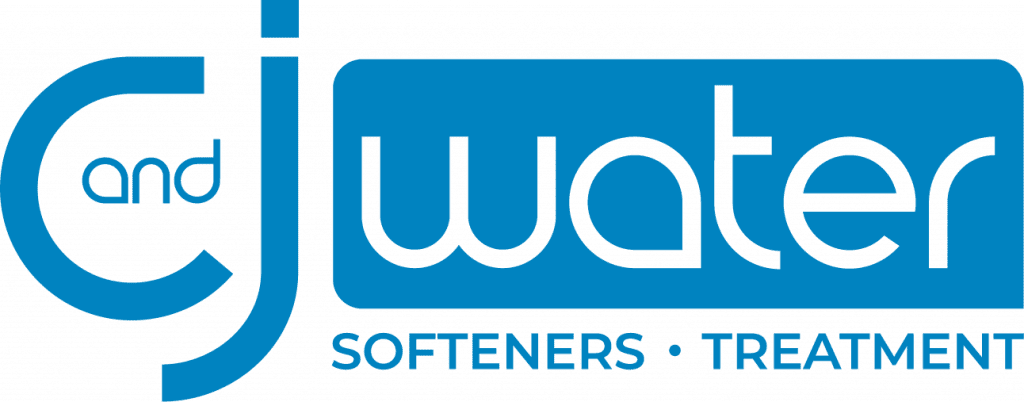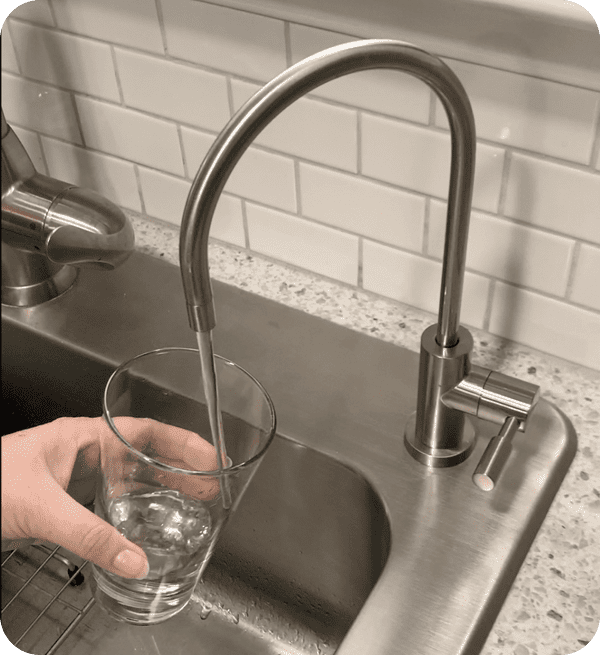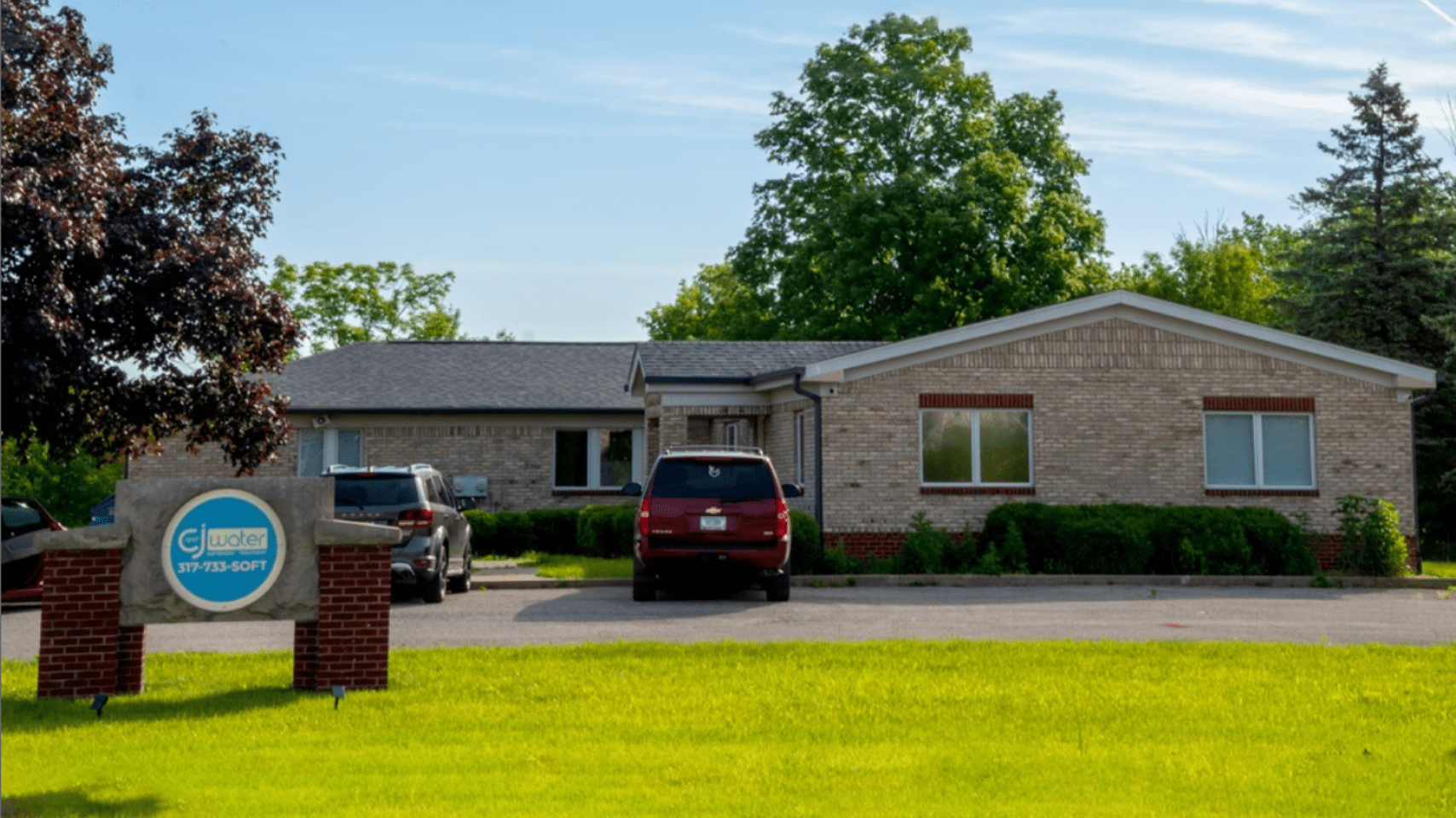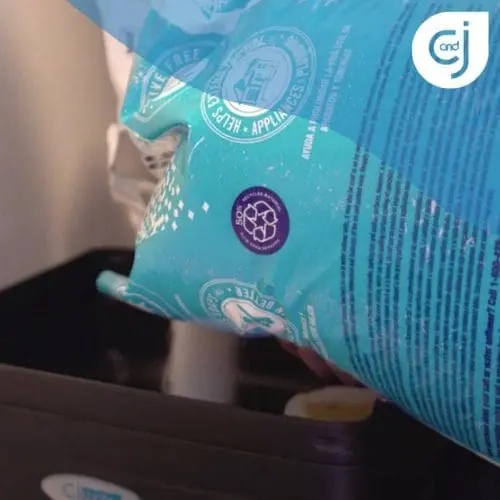Water filters and softeners are great products that help keep your drinking water clean and healthy. But they serve different purposes, so it’s important to understand their differences. This article will walk you through the basics of each type of system and how to decide which one is right for your home.
What is the water hardness level in your area?
Before you can determine which water filtration system is right for you, it’s important to know your water hardness level and how that affects the performance of a water softener or filter. Water hardness levels are measured in grains per gallon (gpg). The higher the number, the harder your water is. You can calculate your local level with a simple test kit from most home improvement stores, or C and J Water can do a Free Water Analysis to determine what total dissolved solids are in your water.
The different types of hardness include:
- Calcium carbonate—This hardness causes scale build-up on faucets and fixtures that can be removed using an alkali descaling agent once every few months.
- Magnesium bicarbonate—This hardness builds up in hot tubs and swimming pools because their high temperatures cause magnesium ions to bond with bicarbonates from dissolved carbon dioxide in solution; adding sodium carbonate will solve this problem.
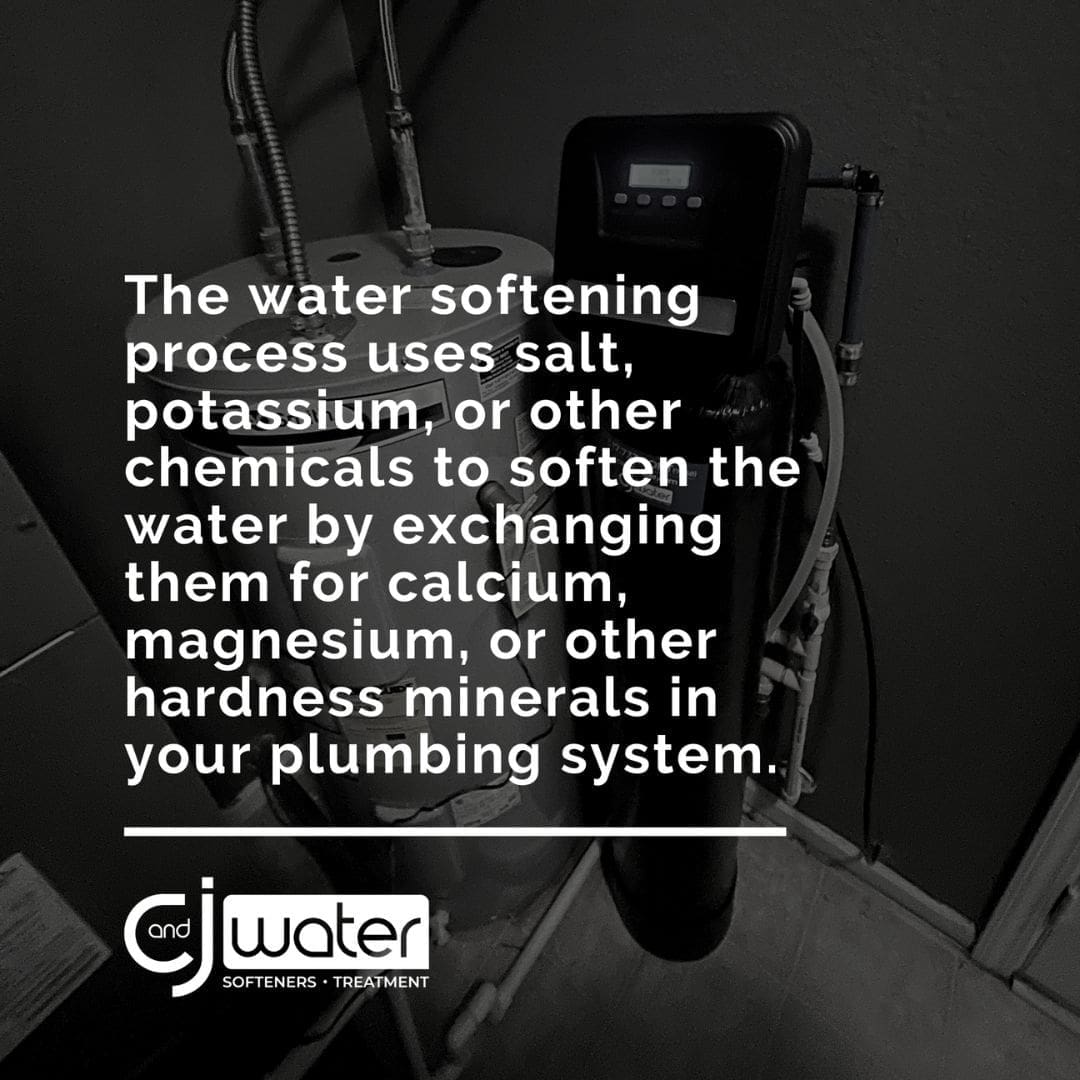 What is a water softener, and what does it do?
What is a water softener, and what does it do?
A water softener is a device that removes hard minerals from water. The process uses salt, potassium, or other chemicals to soften the water by exchanging them for calcium, magnesium, or other hardness minerals in your plumbing system.
Although they may be more expensive than a filter, they can save money in the long term because they do not require you to buy replacement filters as often as you would need if you were using a filter only.
What is a water filter, and what does it do?
A water filter is a device used to remove contaminants, particulates, chemicals, and bacteria from your drinking water. There are many different kinds of filters available on the market today, and the most common types of residential water filters include the following:
- Reverse Osmosis (RO) systems—Reverse Osmosis is a filtration system that removes dissolved solids and organic and inorganic forms. RO removes metals like arsenic, aluminum, copper, lead, chromium, and many others. It also removes inorganic forms such as nitrates, phosphates, chlorides, sulfates, and many others. An RO unit is a great solution for water used for drinking and cooking, and it removes solids that a water softener cannot and provides the whole family with high-quality water right from the tap.
- Chlorine removal—Disinfectants such as chlorine and chloramines cause water problems like bad taste and odors, dry skin, and damaged plumbing, and can produce potentially harmful by-products. Since 86% of U.S. households receive water from a public water supplier—chances are, you have chlorine and chloramines in your tap water. Chlorine and chloramine are disinfectants that treat water-borne microorganisms like bacteria and viruses. Because most municipalities treat their raw water with chlorine and chloramines before sending it to their customers, almost everyone on city water needs equipment to remove chlorine and chloramines. Paired with a water softener, the activated carbon is an economical, whole-house catalytic carbon filtration solution for reducing chlorine and other bad tastes and odors. Because chloramines do not disperse from the water as chlorine does, our dechlorinator uses catalytic carbon to remove both chlorine and chloramines. The raw water comes in from the municipal source, and the catalytic carbon filter removes the chlorine and chloramines. This dechlorinated water then goes to your water softener for ion exchange. This way, the softener resin does not have to deal with chlorinated water because chlorine decreases the life of softener beads.
- Sediment Filters—Although reverse osmosis has a sediment prefilter, you’ll need to mitigate heavy sediment before sending the water to the softener and the RO unit.
How can you get softened water using a water filter?
You can get softened water using a water filter in a few different ways. If you have an under-sink water filter (like reverse osmosis), the best option is just to use that paired with a water softener. However, if you don’t have an under-sink unit and still want to soften your hard water, there are two additional options:
- Use a combination of both systems at once. For example, if you have an under-sink unit but want the convenience of having filtered drinking water on tap throughout your home, go ahead and use both at once.
- Use each system separately for different purposes. For instance, if your laundry needs are taken care of by using a washing machine with built-in filtration capabilities (like many front-loaders), then it might make sense to keep just one unit installed in one location.
Water filtration systems are designed to remove impurities from your water. They soften hard water, but not in large quantities. Water softeners are more effective than water filters at removing dissolved minerals. If you would like more information about what water treatment equipment is right for you, contact us today!
